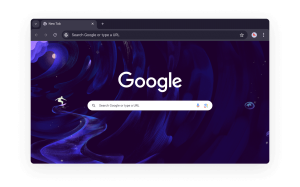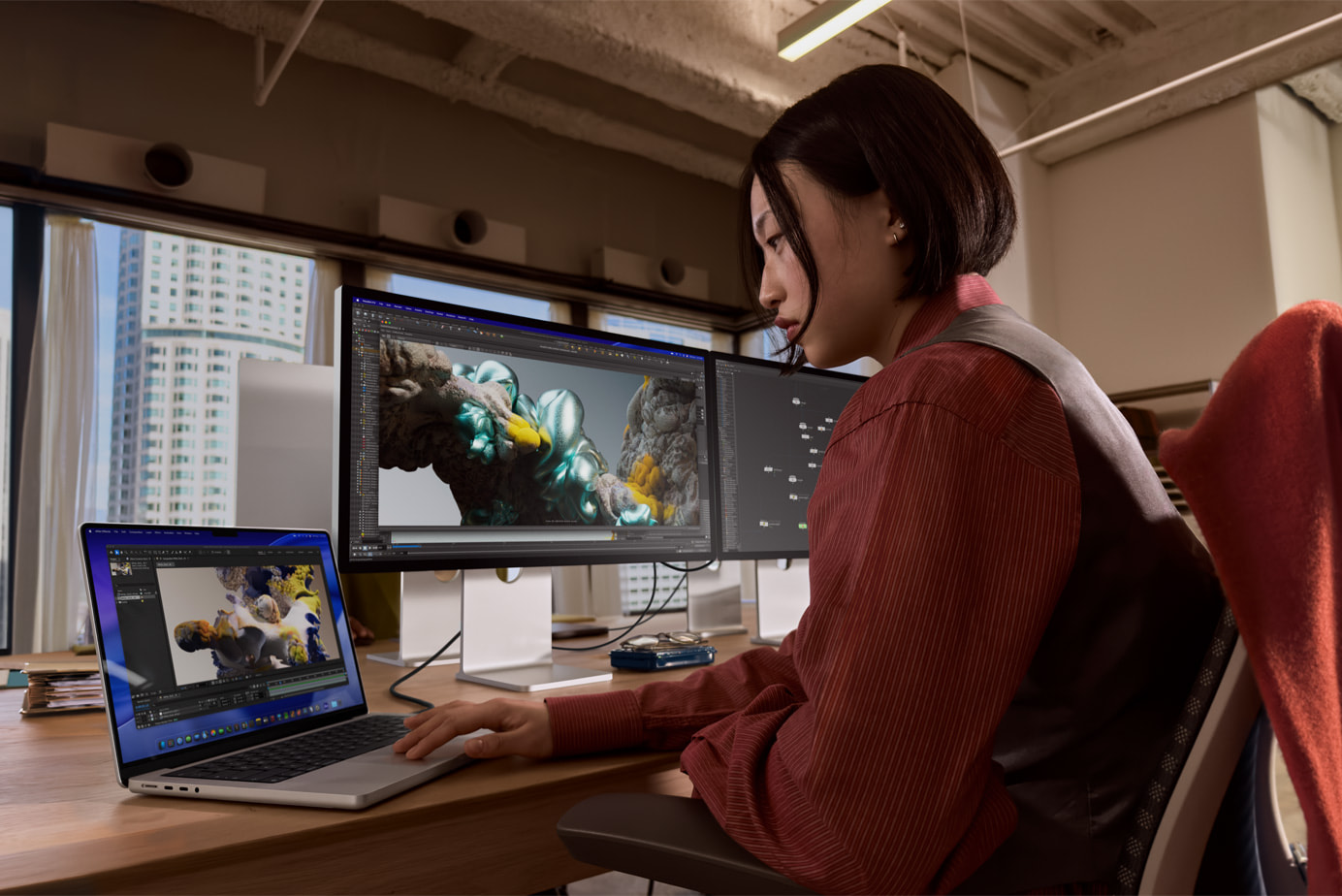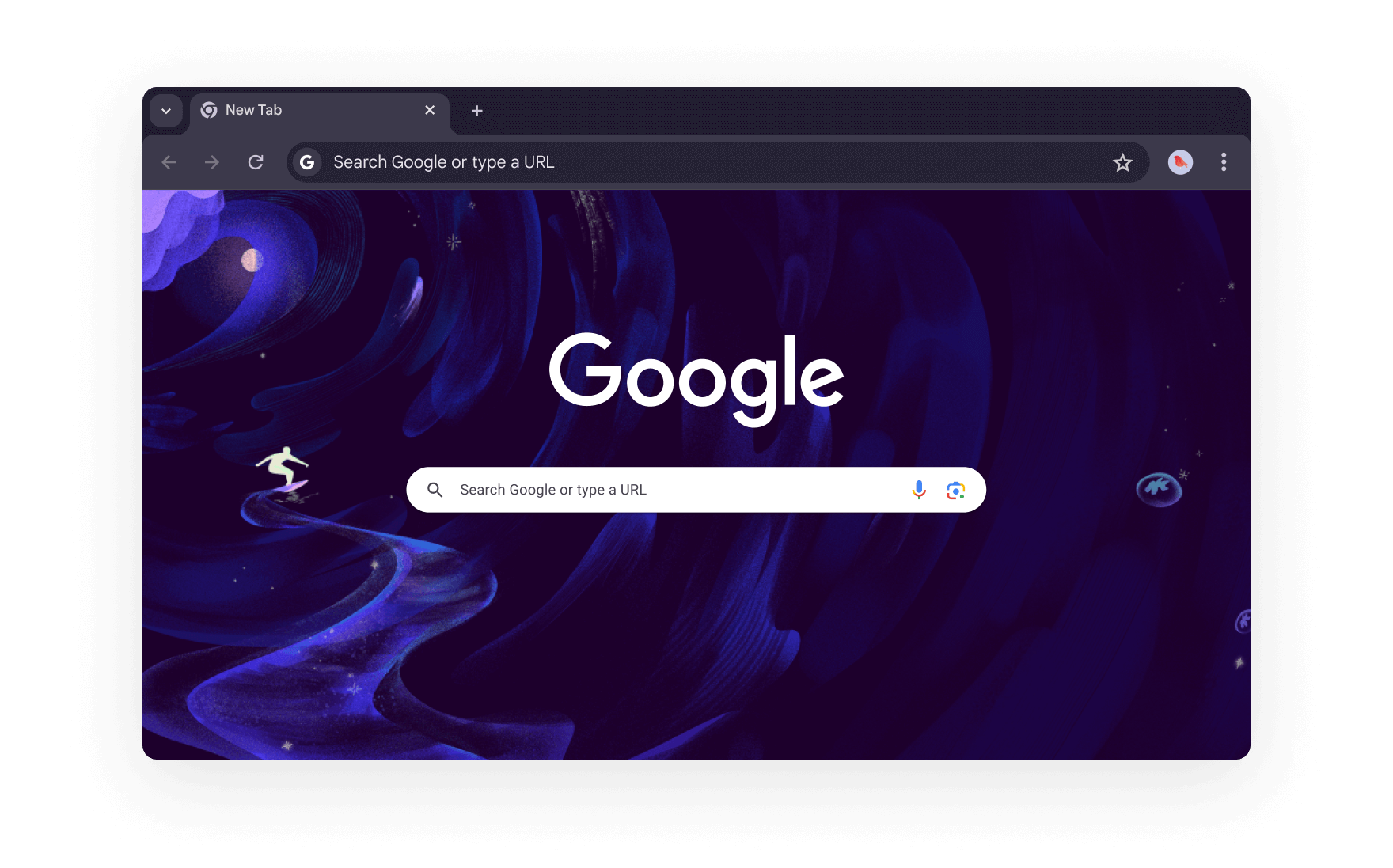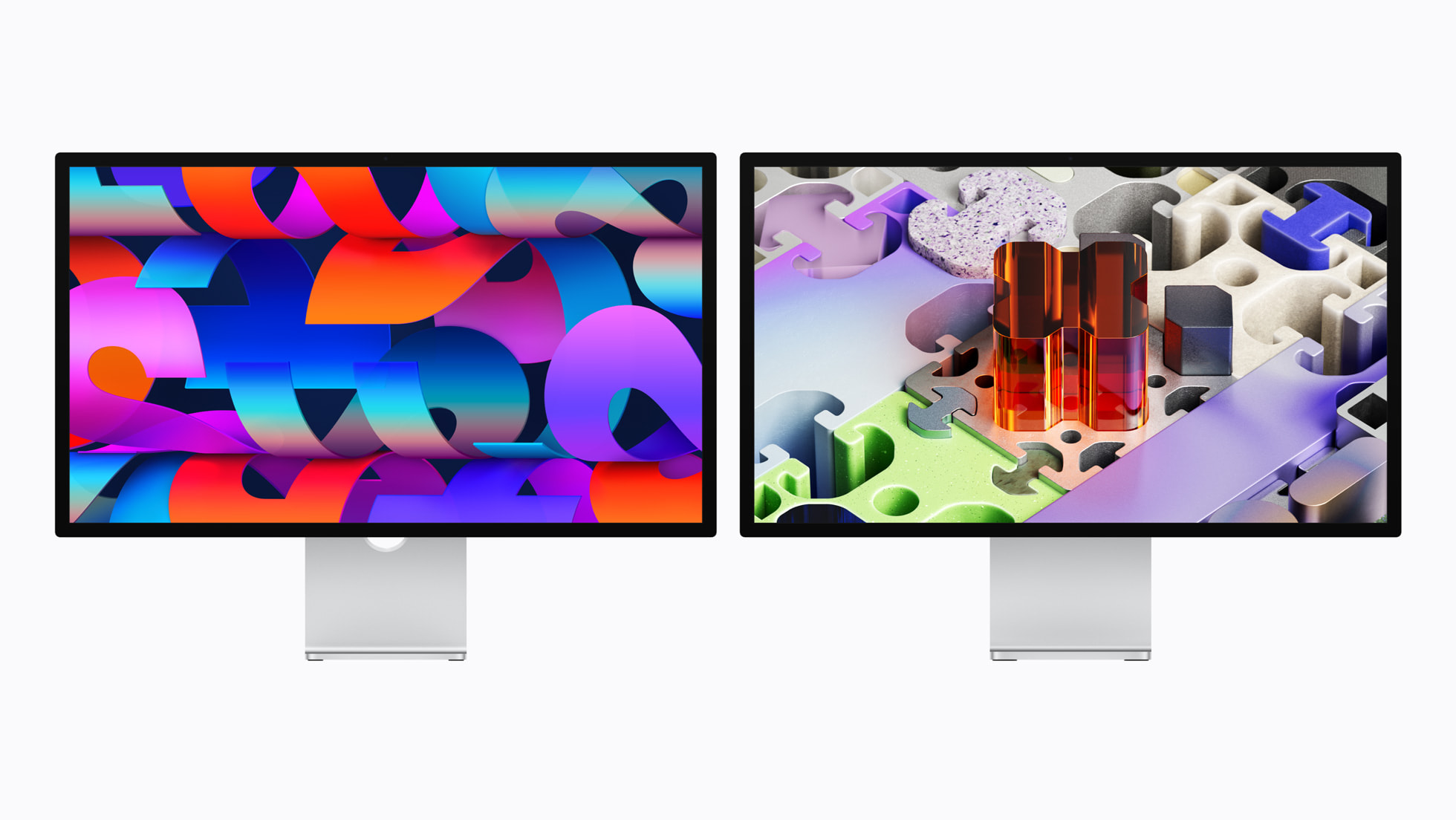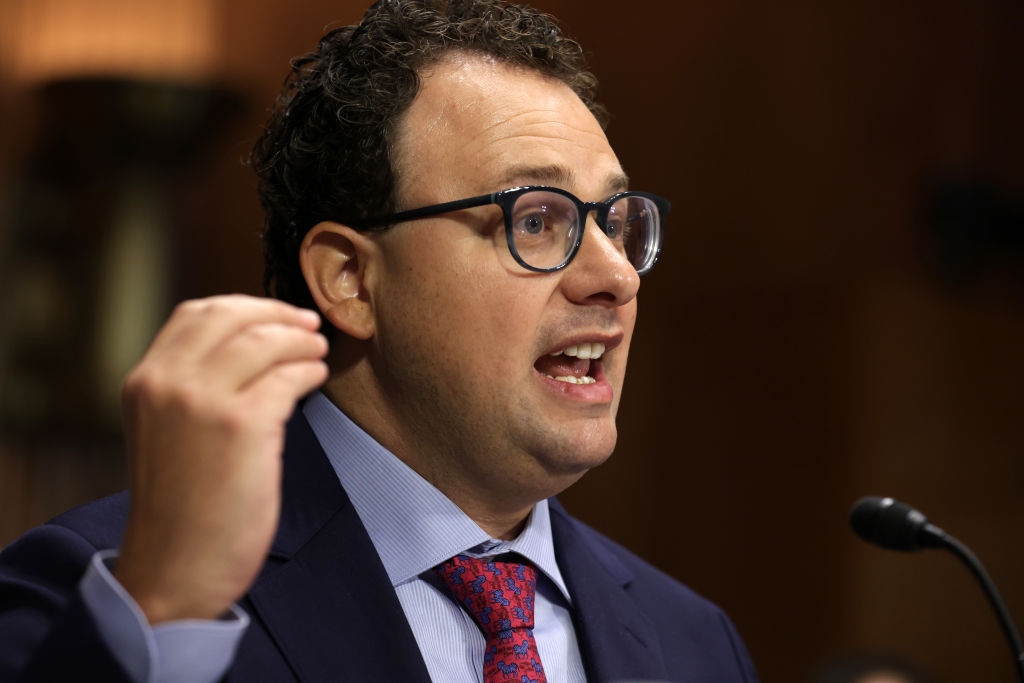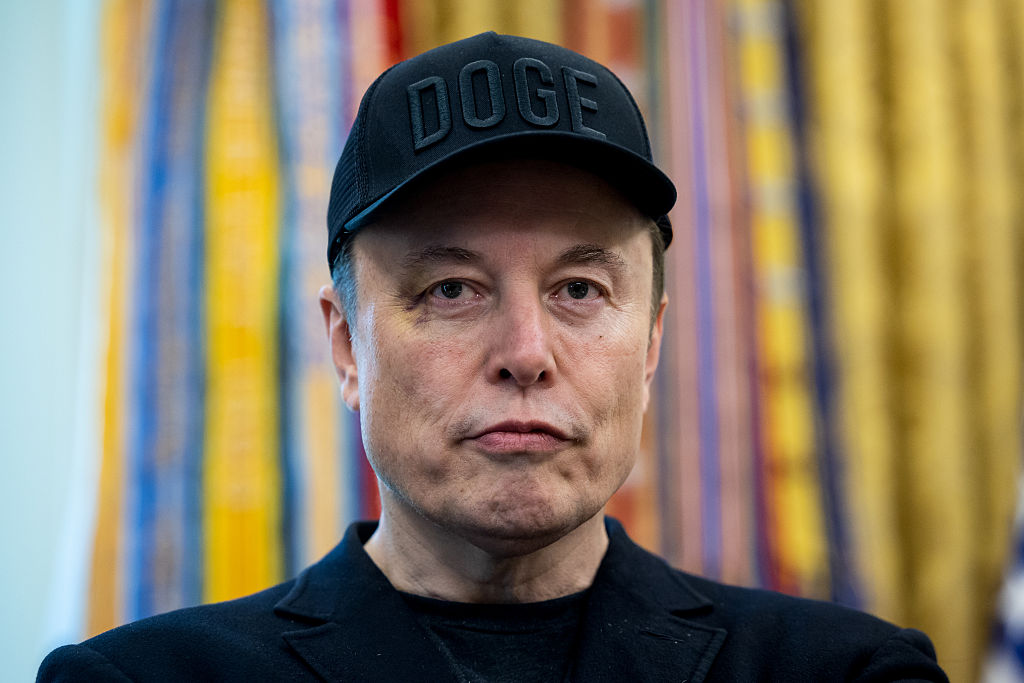
A simmering feud between two of the technology world’s most influential figures, Elon Musk and Sam Altman, has once again spilled into the public arena, this time sparked by a seemingly minor consumer dispute over a long-delayed electric vehicle. The latest exchange, unfolding on Musk’s social media platform X, underscores the deep-seated ideological and business conflicts that have defined their relationship since their shared origins at the artificial intelligence research company, OpenAI.
The public spat ignited when Sam Altman, CEO of OpenAI, shared what he termed "a tale in three acts" on X. His posts detailed a years-long wait for a second-generation Tesla Roadster, a reservation made in 2018, followed by a recent attempt to cancel the order and secure a refund for his $50,000 reservation fee. Altman’s screenshots illustrated a bounced email when attempting to reach Tesla’s support, leading him to lament, "I really was excited for the car! And I understand delays. But 7.5 years has felt like a long time to wait." This seemingly innocuous complaint quickly morphed into another chapter in the ongoing saga between the two tech magnates.
A Deepening Rift Between Tech Visionaries
The rivalry between Elon Musk, CEO of Tesla, SpaceX, and owner of X, and Sam Altman, the driving force behind OpenAI, represents a clash of titans at the forefront of AI and future technologies. Both men are celebrated for their visionary approaches and their companies’ groundbreaking innovations, yet their personal and professional trajectories have diverged sharply, leading to a complex web of disagreements that play out publicly.
Musk, known for his audacious goals and often controversial public persona, co-founded OpenAI in 2015 with Altman and others, driven by a shared vision to ensure that artificial general intelligence (AGI) benefited all humanity. His involvement, however, was relatively brief, departing from the OpenAI board in 2018, citing potential conflicts of interest with Tesla’s own AI endeavors. This departure marked the beginning of a growing ideological chasm. Altman, on the other hand, has guided OpenAI through a transformative period, navigating its evolution from a pure non-profit research lab to a "capped-profit" entity that has captivated the world with products like ChatGPT. This shift, which brought in billions in investment from Microsoft, is at the core of Musk’s most significant criticisms.
The Genesis of OpenAI and its Shifting Mission
OpenAI was established with a lofty, altruistic mission: to advance digital intelligence in the way that is most likely to benefit humanity as a whole, unconstrained by the need to generate financial return. The initial structure was a non-profit organization dedicated to open research and the responsible development of AI. Musk, a significant early donor, championed this ethos, frequently expressing concerns about the existential risks of unregulated AI development.
However, as the computational demands and talent acquisition costs for cutting-edge AI research soared, the non-profit model faced significant challenges. In 2019, OpenAI announced a controversial restructuring, creating a "capped-profit" subsidiary overseen by the original non-profit board. This hybrid structure allowed the company to raise substantial capital from investors while ostensibly maintaining its original mission through the non-profit’s control. This strategic pivot, recently completed with its recapitalization, enabled OpenAI to accelerate its research and development, culminating in the public release of ChatGPT in late 2022, which ignited the current generative AI boom. For Musk, this transition represented a betrayal of the founding principles, transforming a once-open, non-profit endeavor into a profit-seeking enterprise, a move he frequently decries as "stealing a nonprofit."
Tesla’s Elusive Roadster and Customer Frustration
The Tesla Roadster, initially unveiled in November 2017 with a dazzling display of speed and range promises, was designed to be the ultimate halo car for the electric vehicle manufacturer. With a promised 0-60 mph time of 1.9 seconds and a 620-mile range, it captured the imagination of early adopters and EV enthusiasts, many of whom placed $50,000 reservation deposits, some even higher for the "Founders Series" editions. Altman’s reservation in 2018 placed him among these hopeful customers, anticipating a revolutionary vehicle that would redefine performance.
However, the Roadster’s production timeline has been subject to repeated and significant delays. Initial production targets for 2020 came and went, with Musk frequently pushing back the expected launch date, citing challenges related to battery technology, supply chain issues, and the company’s focus on scaling production of more mass-market vehicles like the Model 3 and Model Y. These delays, stretching over seven and a half years from Altman’s reservation, have tested the patience of many early depositors. While some customers understand the complexities of pioneering new automotive technologies, others, like Altman, express frustration over the indefinite wait and the perceived lack of communication regarding their substantial deposits. Musk’s recent announcement that a "new version" of the Roadster would be unveiled by the end of 2025 further extends the timeline, offering a glimmer of hope for some while potentially exacerbating the impatience of others.
The Legal and Ideological Battleground
Musk’s response to Altman’s Roadster complaint was swift and cutting: "You stole a nonprofit." This accusation is not new; it forms the core of a lawsuit Musk filed against OpenAI and Altman earlier in 2024. The lawsuit alleges that OpenAI, under Altman’s leadership, has strayed from its foundational mission of developing AI for the benefit of humanity as a non-profit, instead pursuing profit-driven objectives in partnership with Microsoft. Musk’s legal challenge seeks to compel OpenAI to return to its original principles and to prevent it from commercializing its advanced AI technologies.
Furthermore, Musk has taken direct action to compete with OpenAI. In July 2023, he launched xAI, his own artificial intelligence company, explicitly stating its goal to "understand the true nature of the universe" and to offer a "maximum truth-seeking AI" as an alternative to what he perceives as OpenAI’s compromised vision. In a significant escalation of the rivalry, xAI filed a lawsuit against both OpenAI and Apple, alleging anti-competitive collusion. This legal action claims that the two companies are working together to stifle competition in the burgeoning AI market, leveraging their dominant positions to disadvantage emerging players like xAI. Altman’s counter-response to this accusation highlighted the perceived hypocrisy, remarking that the claim was "remarkable… given what I have heard alleged that Elon does to manipulate X to benefit himself and his own companies and harm his competitors and people he doesn’t like." This exchange underscores the intense, high-stakes competition and the deeply personal nature of their conflict, extending beyond mere business competition into accusations of ethical and legal impropriety.
Social Media as a Modern Battle Arena
The choice of X (formerly Twitter) as the primary battleground for these high-profile disputes is highly significant. Under Musk’s ownership, X has become a direct conduit for his unfiltered thoughts and reactions, often serving as both a corporate announcement platform and a personal soapbox. For figures like Musk and Altman, who command massive online followings, social media provides an immediate and far-reaching platform to air grievances, shape narratives, and directly engage (or antagonize) rivals.
This public display of animosity, however, carries inherent risks. While it generates significant media attention and allows both leaders to rally their respective supporters, it can also create an impression of unprofessionalism and distraction. The public nature of these disputes means that every interaction is scrutinized, analyzed, and often amplified by a global audience. For consumers and investors, such spats can sometimes obscure the substantive innovations and challenges within their respective industries, reducing complex technological and ethical debates to personal squabbles. It also highlights the growing phenomenon of powerful executives using their social media platforms not just for marketing but for direct, often combative, interpersonal conflict, blurring the lines between personal opinions and corporate communication.
Implications for the AI and EV Ecosystems
The ongoing feud between Musk and Altman, and by extension their companies, has broader implications for the rapidly evolving AI and electric vehicle landscapes. In the AI sector, the conflict crystallizes a fundamental debate: should AI development prioritize open, collaborative research for public benefit, or can commercial incentives accelerate progress while still maintaining ethical safeguards? Musk’s stance champions the former, while OpenAI’s current model attempts to bridge the gap. This ideological divide influences talent recruitment, investment flows, and regulatory discussions globally. The legal challenges and public accusations of anti-competitive behavior can also create an environment of uncertainty, potentially impacting partnerships and industry collaboration.
For Tesla, the consistent delays of the Roadster, compounded by public complaints from high-profile figures like Altman, underscore the challenges of delivering on ambitious promises. While Tesla has revolutionized the EV market, its reputation for missed deadlines and sometimes opaque customer service practices can erode trust, even among loyal enthusiasts. The incident, though resolved, serves as a reminder that even industry leaders are subject to the pressures of customer expectation and product delivery, especially when substantial upfront payments are involved.
Beyond the Personal: A Clash of Ideologies
Ultimately, the Tesla Roadster refund incident, though resolved within 24 hours as Musk later clarified, transcends a simple customer service issue. It became a fresh pretext for two of tech’s most prominent figures to reignite their ideological battle. Musk’s immediate pivot to accusing Altman of "stealing a nonprofit" reveals the depth of his conviction regarding OpenAI’s strategic shift. His subsequent assertion that Altman "forgot to mention act 4, where this issue was fixed and you received a refund within 24 hours. But that is in your nature," not only provided an update on the refund but also served as a personal jab, questioning Altman’s integrity and motive for the initial post.
This ongoing public animosity between Musk and Altman reflects not just a personal rivalry but a fundamental disagreement over the future direction of artificial intelligence and the responsibilities of those who wield its power. Their conflict illuminates the high stakes involved in developing world-altering technologies, where personal beliefs, corporate strategies, and ethical considerations are intertwined, playing out on the most public of stages. As both AI and electric vehicles continue to shape our future, the dynamic between these two titans will undoubtedly remain a focal point, influencing not only their respective empires but the broader technological and societal discourse.

